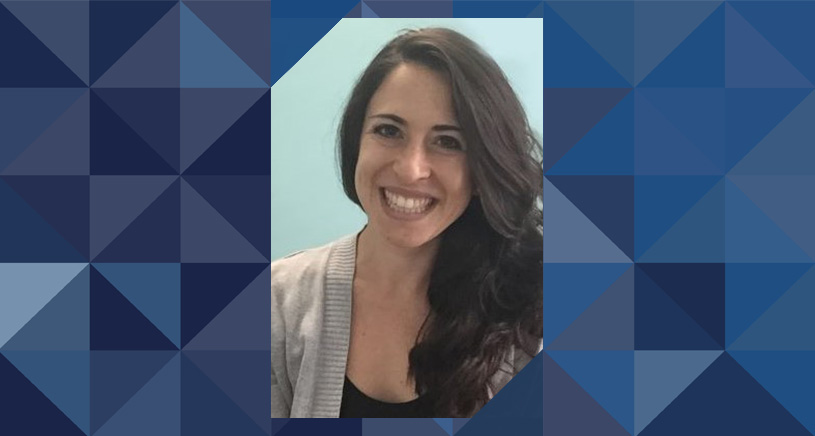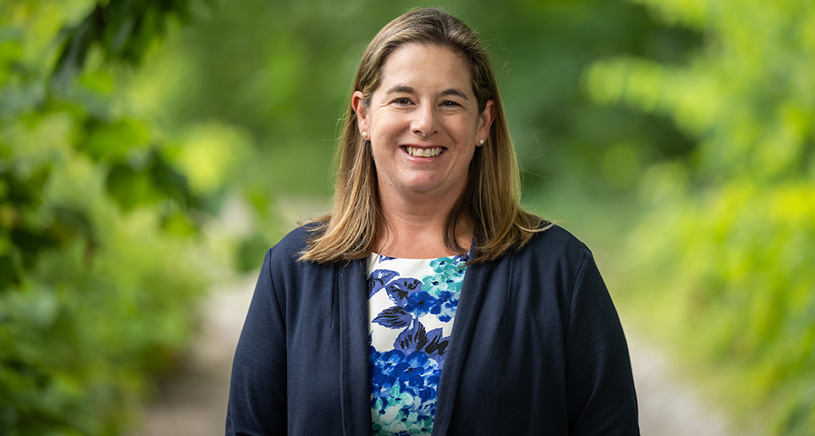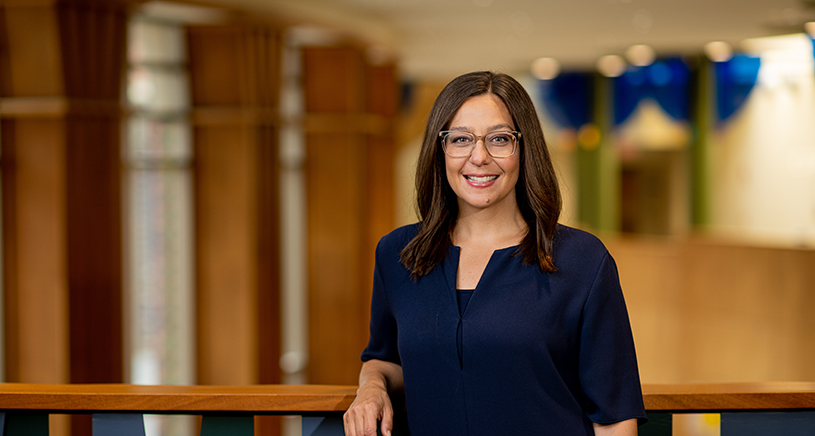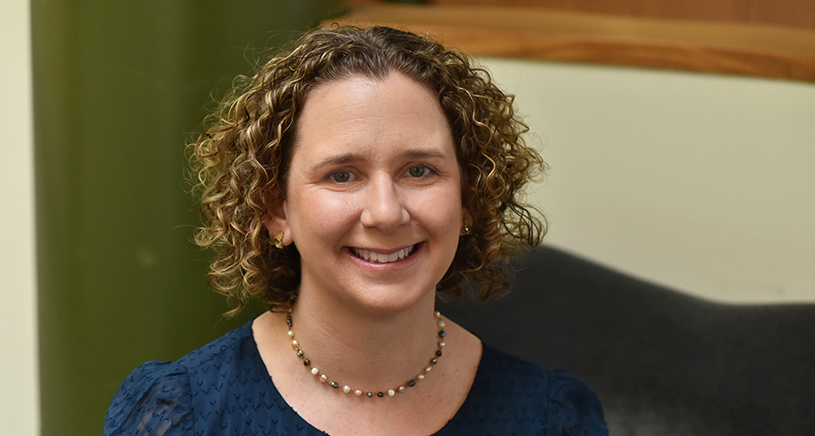Courses Taught by Susan Aaronson
NUTR597: Precision Nutrition: Translating Science To Practice
- Graduate level
- Both Residential and Online MPH
- This is a second year course for Online students
- Fall term(s) for residential students; Winter term(s) for online MPH students;
- 2 credit hour(s) for residential students; 2 credit hour(s) for online MPH students;
- Instructor(s): Sarah Ball, Susan Aaronson, (Residential); Susan Aaronson, Sarah Ball, Susan Aaronson, Sarah Ball, (Online MPH);
- Prerequisites: graduate standing
- Advisory Prerequisites: NUTR 594, NUTR 595, NUTR 596
- Description: In this novel course, students will understand, translate and incorporate the emerging fields of nutrigenetics, nutrigenomics, culinary medicine and the microbiome into personalized nutrition practice grounded in public health principles.
- Learning Objectives: 1 Demonstrate literacy comprehension regarding the emerging science of precision nutrition. 2 Understand the role public health principles play in a precision nutrition approach 3 Describe the role of the microbiome and genetics in chronic disease prevention and treatment 4 Summarize the large precision nutrition randomized controlled trials 5 Explain how food and nutrients impact gene expression and the microbiome 6 Demonstrate how to incorporate culinary genomics into practice 7 Evaluate how genetics and the microbiome are currently being used in practice. 8 Translate current public health nutrition guidelines and recommendations to the individual using genetic and microbiome data. 9 Implement culinary techniques (food and nutrients?) to optimize health. 10 Determine if the current evidence supports the use of precision nutrition in practice and how it can be effectively applied


| Department | Program | Degree | Competency | Specific course(s) that allow assessment | Population and Health Sciences | MPH | Recommend evidence-based interventions that engage broad and diverse community stakeholders for population health improvement | PUBHLTH515, EPID591, NUTR597, PUBHLTH511 |
|---|
NUTR601: Interprofessional Education And Teamwork For The Dietetics Professional
- Graduate level
- Residential
- Winter term(s) for residential students;
- 1 credit hour(s) for residential students;
- Instructor(s): Susan Aaronson (Residential);
- Prerequisites: None
- Advisory Prerequisites: Must be enrolled in the Dietetics program
- Description: This course will familiarize dietetics students with IPE through the lens of an allied health team and the patient perspective. Learners will examine their unique role as the nutrition expert on an interprofessional team. Using the IPE online modules, LIFE program and in-person workshops with the instructor.
- Learning Objectives: LIFE Learning Objectives: 1.)Articulate understanding of interprofessional team roles and the value of each role in effective healthcare of patients and the community. 2.)Develop team work skills to work cooperatively and interdependently as a team member demonstrating preparedness, engagement and active collaboration using one’s unique professional knowledge and skills. 3.)Identify and describe responses, reactions, interactions of the various professional service providers that patients and families found beneficial or non-beneficial in their healthcare experience. 4.)Examine and articulate increased awareness of one’s own beliefs, culture, values and biases and how these impact engagement and care of patients and families. 5.)Identify and articulate an understanding of the social determinants impacting an individual patient’s illness experience and the impact on patient coping and functioning across the continuum of diagnosis, treatment and health outcomes. 6.)Consider a social-ecological model to reflect on diverse and multi-faceted dimensions of an individual patient-experience of illness including one’s sense of self, relationships, physical, mental and spiritual functioning, coping, etc. IPE module Learning Objectives: -Understand the value, context, and significance of IPE during health professional training to improve future licensed practice and patient health outcomes -Recognize and describe the 5 IPE competencies -Identify the attributes of a functioning interprofessional team, including how you might contribute to an effective team -Identify how diverse social identities and backgrounds of an interprofessional team (including the patient) will impact how care is delivered and received Overall course Learning Objectives: -Learn about and engage in interprofessional education (IPE) -Utilize reflective skills for lifelong learning -Express yourself as the nutritional professional -Seek feedback to meet and exceed personal standards of performance -Articulate the impact that your public health nutrition experiences have on yourself and society -Build and sustain a network of professional relationships

NUTR602: Professional Communication In The Nutritional Sciences
- Graduate level
- Residential
- Fall term(s) for residential students;
- 1 credit hour(s) for residential students;
- Instructor(s): Susan Aaronson (Residential);
- Prerequisites: Only open to MPH students and MS NUTR with a dietetics subplan
- Description: This course provides future nutrition professionals with the skills and knowledge to communicate effectively with the public, consumers, organizations, and other professionals by disseminating evidence?based food and nutrition information in a meaningful way. Overall, this course aims to integrate goals, experiences, strengths, and growth as a public health nutrition expert through effective communication.
- Learning Objectives: Apply effective and ethical communication skills and techniques to achieve desired goals and outcomes. Select mode of communication appropriate to the messaging to meet the needs of the audience. Communicate at the appropriate level and understands emotions and emotional situations. Engage in self-reflective practice activities to develop and maintain ongoing competence and professional behaviors. Disseminate skills, knowledge, and data obtained from summer experience or research work. Apply feedback to meet and exceed personal standards of performance. Develop confidence in your expertise as a nutrition public health professional.

NUTR635: Food Service And Culinary Science
- Graduate level
- Residential
- Fall term(s) for residential students;
- 3 credit hour(s) for residential students;
- Instructor(s): Susan Aaronson, Patti Ramos, (Residential);
- Prerequisites: Graduate Dietetics Students Only
- Description: This course, designed for graduate Dietetics students, examines food system management principles with a culinary science lens. Using food service systems model as a guide, students will examine food composition and how changes during processing, purchasing, preparation, and cooking intersect with management theories for individuals and food service establishments.
- Learning Objectives: Demonstrates knowledge of and is able to manage food preparation techniques. Evaluates the chemical nature and composition of food on food quality, acceptability and compatibility. Integrates knowledge of chemistry and food science as it pertains to food and nutrition product development and when making modifications to food. Integrates knowledge of maximizing sustainability, food and water waste, reusable/biodegradable items, local and global produce sourcing and access to food. Applies knowledge of food eating patterns and food trends. Integrates knowledge of maximizing sustainability, food and water waste, reusable/biodegradable items, local and global produce sourcing and access to food. Applies and demonstrates an understanding of agricultural practices and processes. Develops and leads implementation of risk management strategies and programs.


NUTR796: Special Topics in Nutritional Sciences
- Graduate level
- Residential
- Fall, Winter term(s) for residential students;
- 1-6 credit hour(s) for residential students;
- Instructor(s): Dana Dolinoy, Suzanne Cole, Kendrin Sonneville, Karen Peterson, Peter Mancuso, Andrew Jones, Ana Baylin, Olivia Anderson, Susan Aaronson, (Residential);
- Prerequisites: None
- Undergraduates are allowed to enroll in this course.
- Description: This course will be used by faculty members to teach special topics related to Nutritional Sciences.









PUBHLTH309: Hunger in America: Building Skills to Feed Communities
- Undergraduate level
- Residential
- Winter term(s) for residential students;
- 3 credit hour(s) for residential students;
- Instructor(s): Kate Bauer, Susan Aaronson, (Residential);
- Last offered Winter 2022
- Not offered 2024-2025
- Prerequisites: None
- Advisory Prerequisites: None
- Description: Food insecurity, or a lack of consistent access to enough food for an active, healthy life, affects 1 in 8 Americans, and nearly 1 in 3 University of Michigan students. Food insecurity is caused by the intersection of a wide range of factors, from personal cooking skills to neighborhood food access to federal food policies. For this reason, fighting food insecurity in the US requires advocates with diverse skills, knowledge, and perspectives working together. This course seeks to provide students at the University of Michigan with these skills, knowledge, and perspectives, allowing them to become leaders to improve their own health and wellbeing and that of their communities and nationwide. To accomplish this, the course will integrate community visits; in-classroom, hands-on activities; and instructor-guided seminars to help students understand the experience and impacts of food insecurity across critical life stages of development (children, young adults, seniors).
- Learning Objectives: Identify the relationships between social, economic, community, and personal circumstances that contribute to food insecurity. (Competency 1) Describe how food insecurity impacts social, physical, mental, and intellectual wellbeing. (Competency 1) Understand the role of community-based resources in combating food insecurity. (Competency 1) Understand the role that state and federal nutrition assistance programs have in addressing food insecurity and mitigating impacts of food insecurity. (Competency 1) Design nutritionally-adequate and financially-feasible menus for vulnerable individuals and families. (Competency 2) Demonstrate ability to access and purchase low-cost, nutritionally adequate food that aligns with federal food assistance requirements. (Competency 2) Demonstrate ability to prepare basic, affordable, socially-acceptable and nutritionally-balanced meals. (Competency 2)
- Syllabus for PUBHLTH309


